At Dihydroergocryptine it is an active ingredient that is derived from the ergot alkaloids. The drug is primarily used against Parkinson's disease.
What is Dihydroergocryptine?

Dihydroergocryptine (DHEC) is a drug used to treat Parkinson's disease (paralysis). The remedy is derived from the ergot alkaloids. The substance can be used primarily as a dopamine D2 agonist and as a D1 partial agonist. In Germany and Switzerland, the drug is sold under the name a-dihydroergocryptine mesilate. Dihydroergocryptin is commercially available as Almirid® and Cripar®.
The development of dihydroergocryptine was made in the 1990s. The Italian company Poli was responsible for this. The agent should be used to treat migraines and Parkinson's disease. The licenses were then passed on to companies in Switzerland and Germany.
The effectiveness of dihydroergocryptine in relation to Parkinson's disease and migraines has been confirmed by various studies. In addition, studies have been carried out for the treatment of Restless Legs Syndrome (RLS). However, there was no approval for the treatment of this disease.
Pharmacological effect
Dihydroergocryptin is chemically assigned to the ergot alkaloids. Some substances from this group are able to mimic the effects of the neurotransmitter dopamine in the human brain. They can bind to the brain nerve cell receptor as dopamine receptor agonists. In this way, the same effects can be triggered as with dopamine.
Dihydroergocryptine has a particularly positive effect on Parkinson’s symptoms such as tremors and rigidity, which are the result of a dopamine deficiency. In contrast to other Parkinson’s drugs, DHEC cannot bind to the receptors of the neurotransmitters adrenaline and serotonin. However, this has the advantage that there are few psychological side effects from taking the active ingredient.
Medical application & use
The most important area of application for dihydroergocryptine is Parkinson's disease. So the means to improve the mobility of the patient is used. The administration of the drug gives them more freedom of movement and makes it easier for them to cope with everyday tasks. DHEC is often taken together with the Parkinson's drug levodopa. Dihydroergocryptine is also used for the interval treatment of migraine headaches.
The dosage of dihydroergocryptine depends on the disease to be treated. In Parkinson's disease, the starting dose is 10 milligrams per day. In the further course of treatment, the dosage can be increased by 10 milligrams per week until the necessary maintenance dose is finally achieved. This is usually around 60 milligrams a day. In individual cases, a dose of 120 milligrams is also possible. The daily dose is divided into two doses.
If migraine headaches are to be treated with DHEC, the dose also starts at 10 milligrams per day. After two weeks, the necessary maintenance limit is 20 milligrams a day. Even if DHEC therapy is successful, it is recommended that treatment be discontinued after six months. Only in the event of a relapse is it advisable to resume taking dihydroergocryptine. The tablets are also used twice a day.
You can find your medication here
➔ Medicines to calm down and strengthen nervesRisks & side effects
In some cases, patients may experience undesirable side effects from taking dihydroergocryptine. These primarily include stomach pain and nausea. Often there are also headaches, dizziness, heartburn, vomiting, stomach cramps, circulatory problems, restlessness, rapid heartbeat, sleep disorders, a dry mouth, feelings of weakness, a drop in blood pressure, changes in weight and water retention in the tissue (edema).
Restlessness, ringing in the ears, nasal congestion, muscle cramps, feelings of cold or tingling in the limbs, movement disorders, constipation, loss of appetite, tremors, nightmares, tiredness and loss of libido can also occur. In individual cases, delusions are also possible.
The side effects described usually depend on the level of the DHEC dose. If it is reduced, the side effects also decrease.
Hypersensitivity to dihydroergocryptine or ergot alkaloids is one of the most common contraindications to DHEC use. Therapy with the active ingredient should also be avoided if there is advanced damage to the liver, psychoses exist that cannot be physically justified, with low blood pressure or concurrent treatment with antihypertensive agents.
DHEC is also considered unsuitable during pregnancy and breastfeeding. Pregnant women run the risk of causing premature labor. In addition, there is a risk of inhibiting milk delivery. Dihydroergocryptine should not be given to children either.
Taking dihydroergocryptine can adversely affect other medicines. For example, the positive effects of drugs that increase blood pressure are weakened. On the other hand, however, the effect of antihypertensive drugs increases. Furthermore, the clumping of platelets is impaired by DHEC, which makes the blood more fluid. For this reason, patients who are also taking drugs that affect blood clotting should have regular medical check-ups. Some doctors also suspect that dihydroergocryptine has an intensifying effect on psychotropic drugs.
Dihydroergocryptine can be negatively influenced by other substances in drugs. For example, taking levodopa at the same time increases the risk of headaches, stomach pains and low blood pressure. Furthermore, it is not advisable to give DHEC together with other ergot alkaloids, as the side effects of the preparations are stronger. It is also not advisable to take alcohol at the same time, because the tolerance of dihydroergocryptine is negatively influenced by alcohol consumption.




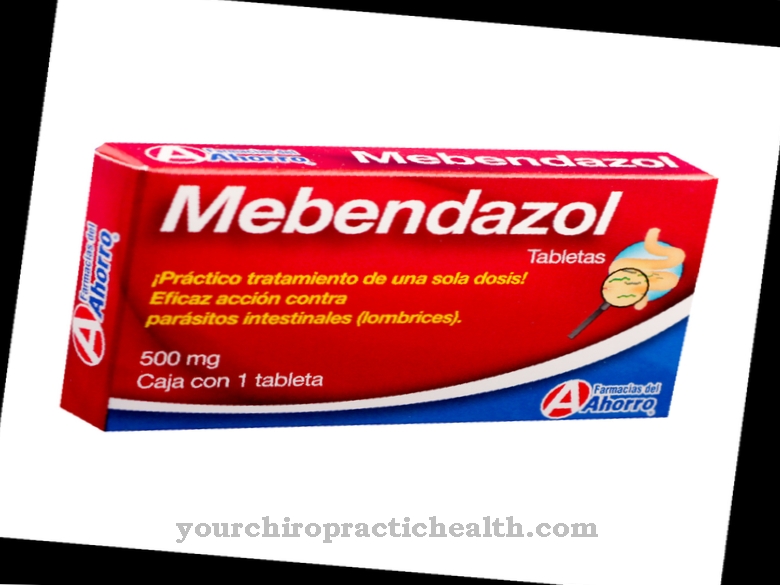







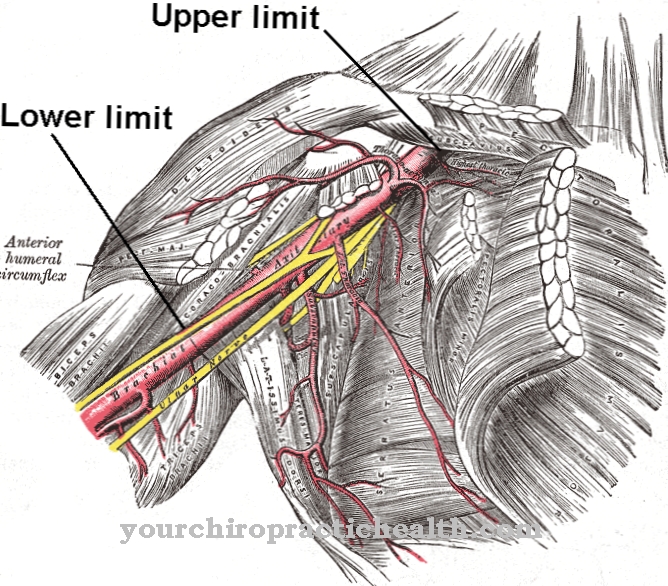

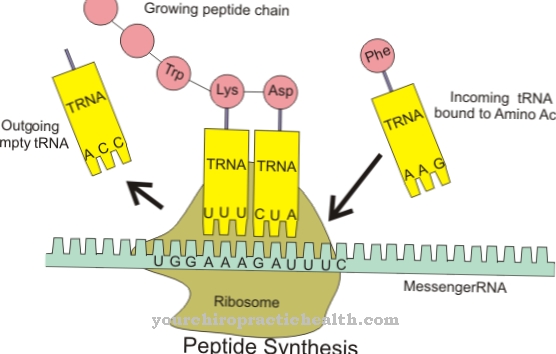
.jpg)
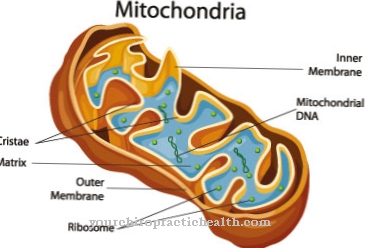



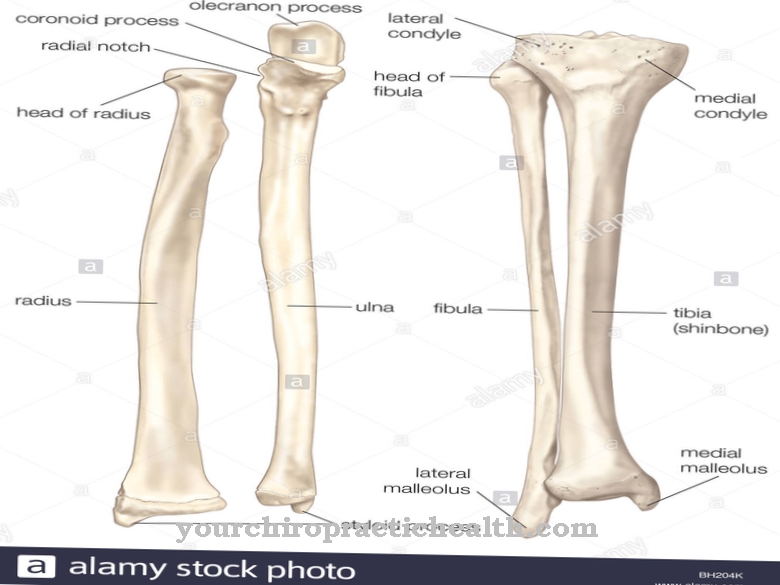
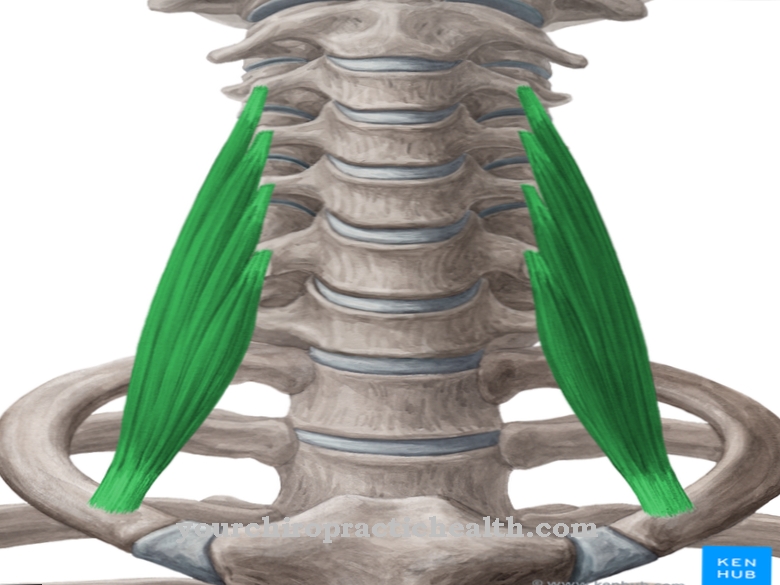
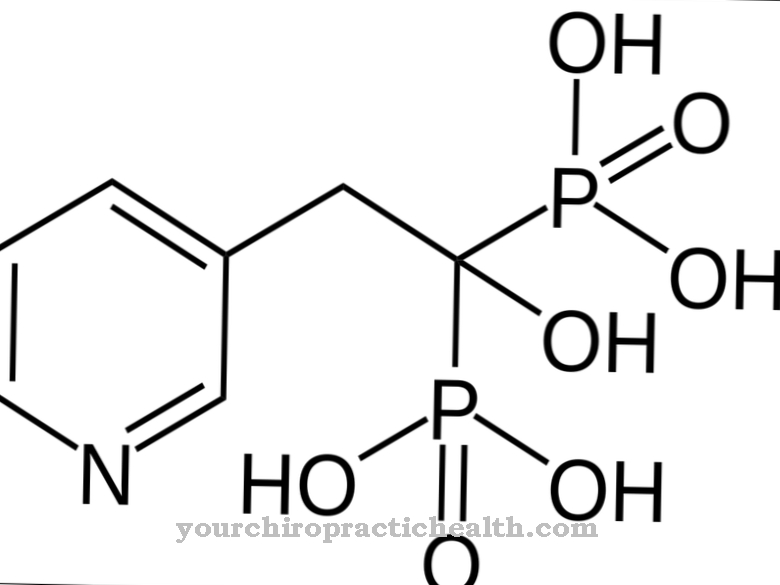
.jpg)




